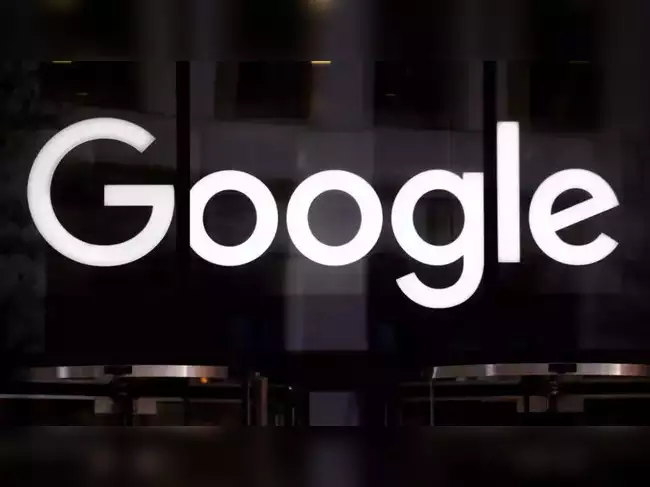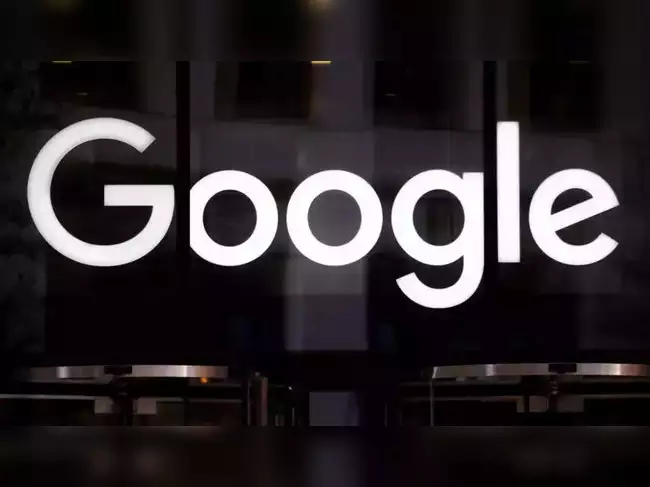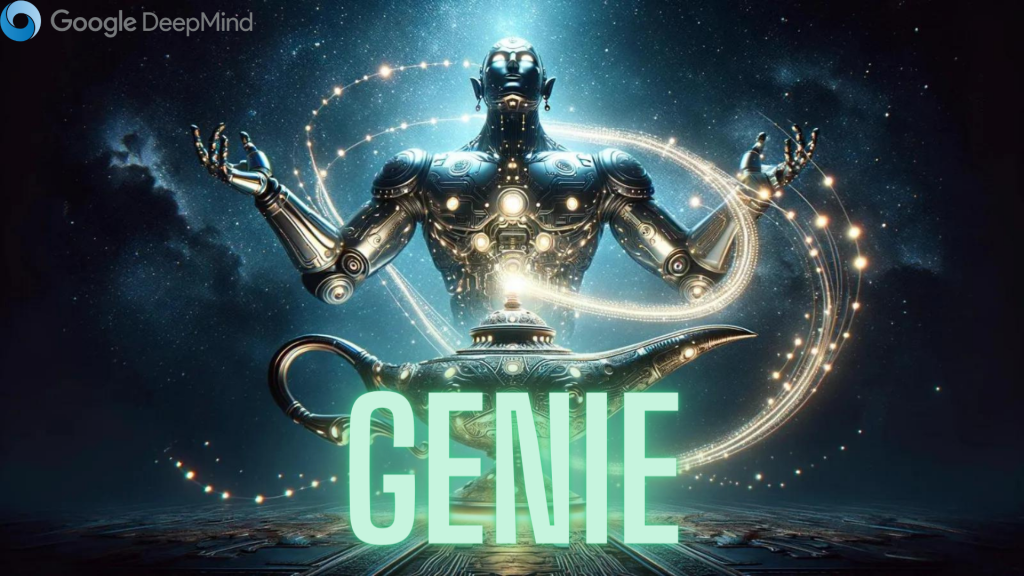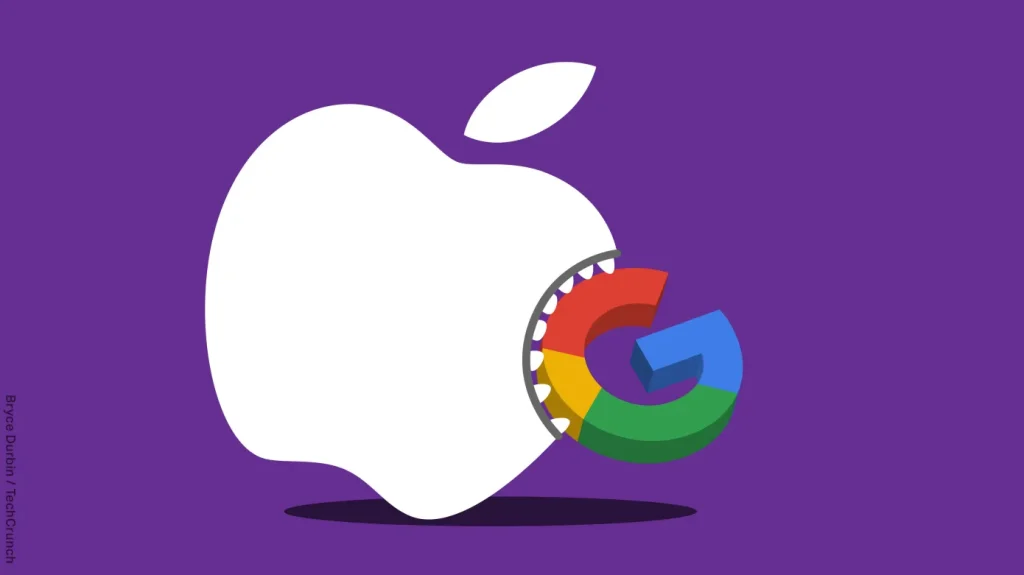Overview
Google announced that its Gemini technology is set to enhance Performance Max, an automated tool that optimizes ad placements for brands across various Google platforms such as email, search, and YouTube.

Alphabet Inc.’s Google announced on Thursday its plans to incorporate the Gemini artificial intelligence models into its current advertising products, extending its sophisticated AI features to a broader range of the company’s clientele.
This move is a continuation of Google’s strategy to embed generative AI technology, capable of generating human-like text and lifelike images, into a greater array of its offerings. Following this announcement, Google revealed on Wednesday that it would also introduce Gemini to the suite of enterprise tools it provides to businesses.
Google has shared exciting news about enhancing its Performance Max tool, which cleverly finds the ideal spots for a brand’s advertisements across Google’s myriad services, like email, search, and YouTube. Back in November, Google stepped up its game by integrating artificial intelligence into Performance Max, making it possible to automatically generate images and text for ads, offering vivid descriptions of a brand’s offerings.
Now, with the introduction of Gemini, brands have the opportunity to make even more of an impact. Gemini will enable the creation of longer, more captivating headlines for advertisements, expanding the character limit to 90 from the former limit of 30. This change aims to more effectively catch the eyes of consumers.
Moreover, Google is taking its advertiser tools to the next level with an improvement to its image generation capabilities through the AI-powered Imagen 2 model. This advancement will empower brands to create images that can include representations of people, opening up new avenues for creativity and connection in advertising visuals.
Brendon Kraham, the Vice President of Search and Commerce Global Ad Solutions at Google, provided an illustrative example of the technology’s capabilities, noting that a florist could easily generate a digital photo of a person arranging a bouquet of flowers within seconds.
To counter potential ethical concerns, Google has proactively included safety features in this tool. These measures are designed to prevent the creation of images depicting known individuals, including celebrities and public figures, as well as any content that portrays violence or illegal activities.
The rapid expansion of generative AI technology in the tech industry has sparked fears about its potential misuse, particularly in creating misleading content or fabricating realistic depictions of real people, known as deepfakes. In response to these concerns, Google has announced that photos produced by this AI will carry a watermark, distinguishing them as artificially generated images, to ensure clarity and prevent deception.



